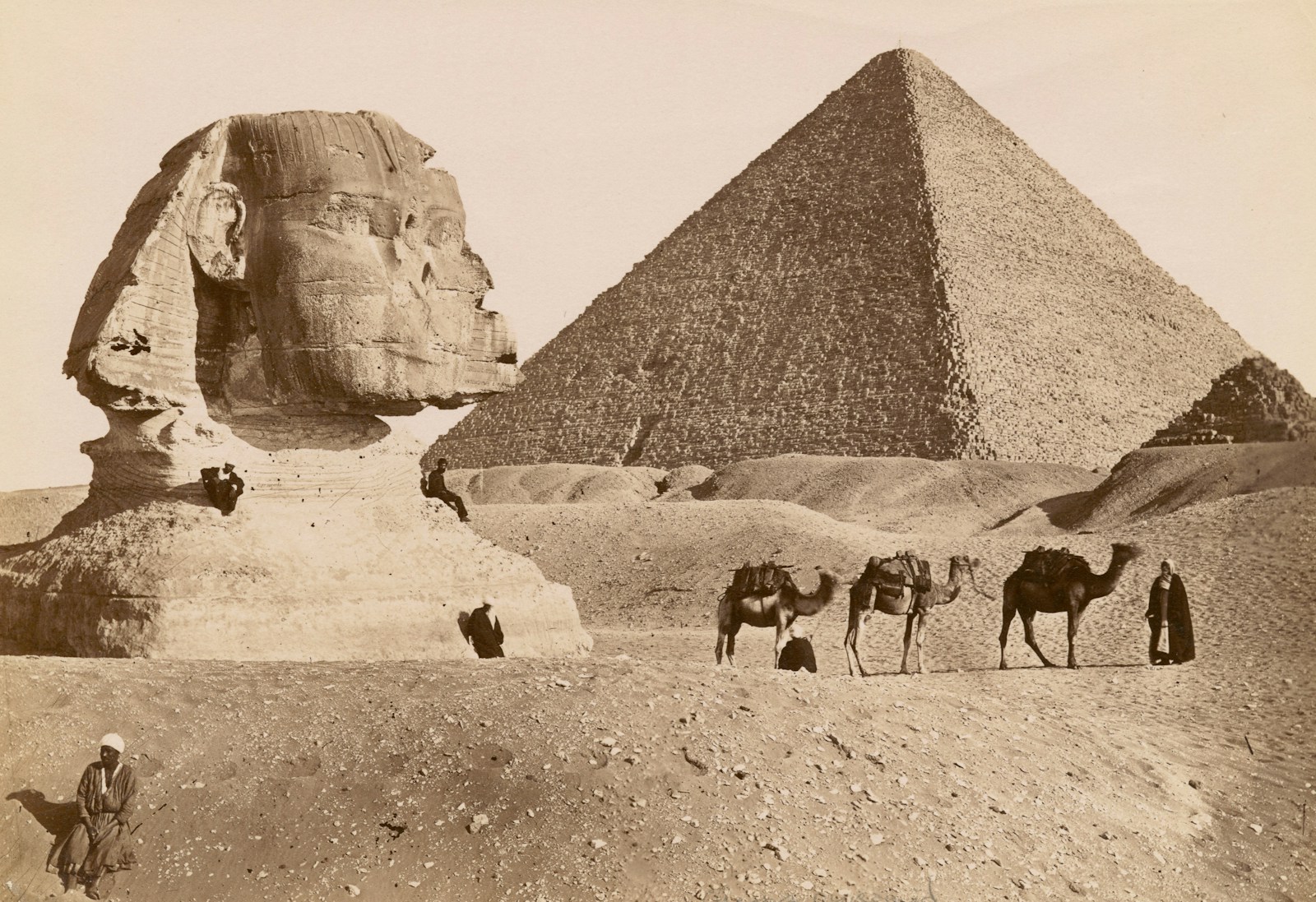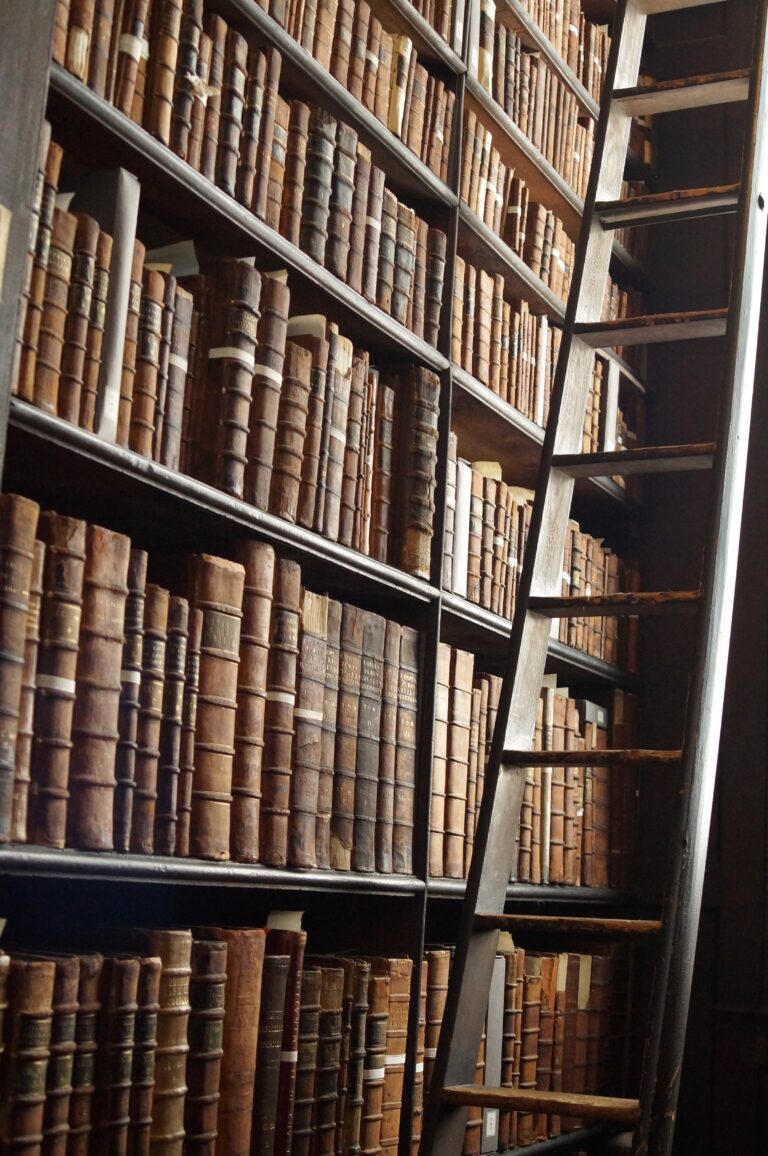Psalm 78: Why History Matters for God’s People
History is the Story of God’s Mighty Works
Psalm 78 teaches that history is not primarily about human achievements but about what God has done, is doing, and will do. The psalmist urges God’s people to tell future generations about His mighty works:
“We will not hide them from their children, but tell to the coming generation the glorious deeds of the Lord, and His might, and the wonders that He has done.” (Psalm 78:4, ESV)
Our history should glorify God, not ourselves, our heritage, or even our nation. Instead, we must exalt the Creator, the King of kings, who is perfect in justice, mercy, and steadfast love. Every account of history should highlight His sovereign acts and faithfulness to His people.
History is Tied to God’s Law and Covenant
History is not just a record of events but a tool for teaching God’s ethical standards. Psalm 78 connects remembering history with obeying God’s covenant:
“He established a testimony in Jacob and appointed a law in Israel, which He commanded our fathers to teach to their children.” (Psalm 78:5, ESV)
Knowing history helps us understand what God requires. It gives us wisdom to discern good from evil, right from wrong, and wise from foolish decisions. The historical accounts in Scripture—such as Genesis, Exodus, and Deuteronomy—contain both commands and narratives of God’s actions. These accounts shape our understanding of His will.
History Must Be Honest About Sin and Failure
Faithful history does not sugarcoat human failures. Psalm 78 recounts Israel’s repeated sins, showing how even after experiencing God’s miracles, they still rebelled. A truthful telling of history must acknowledge human sinfulness:
“They forgot His works and the wonders that He had shown them.” (Psalm 78:11, ESV)
Christian history should not be hagiography—making flawed people appear sinless. Instead, it should honestly recount human failures while exalting God’s grace and justice. Even great deliverances, such as the Exodus, were followed by Israel’s unfaithfulness. This reminds us of our need for God’s ongoing mercy.
Teaching History is a Part of the Great Commission
Psalm 78 places history within the realm of discipleship and parenting. Parents and church leaders must pass down the knowledge of God’s works so future generations will trust and obey Him:
“That the next generation might know them, the children yet unborn, and arise and tell them to their children, so that they should set their hope in God and not forget the works of God, but keep His commandments.” (Psalm 78:6-7, ESV)
Teaching history is a vital part of raising godly children and making disciples. When we remember God’s grace in the past, we grow in gratitude and obedience. By recounting His works, we help future generations avoid the stubbornness and rebellion of past generations—including our own.
Conclusion: Remember and Recount God’s Deeds
Psalm 78 reminds us that studying history is not just an academic exercise—it is a means of worship, discipleship, and faithfulness. God calls us to remember His works, meditate on His law, and teach these truths to others. This practice keeps us from ingratitude and rebellion, helping us to live in faith and obedience.
Note: Generative AI was used in creating this post. First, I made an audio recording of what I wanted to say. Then, I transcribed the audio using TurboScribe.ai. Finally, I transformed the transcript into a blog post using ChatGPT.
Discover more from Daniel D. Vos
Subscribe to get the latest posts sent to your email.






